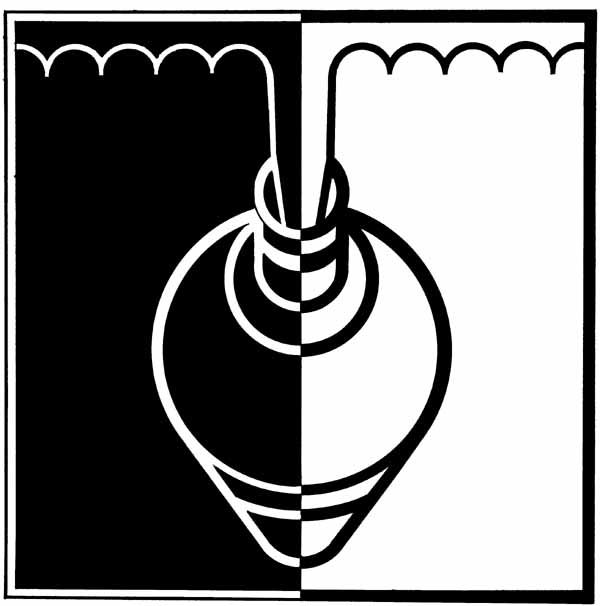world trade organisation
The United States today accused the European Union of deadlocking the World Trade Organisation talks in Hong Kong with its position on farm subsidies.
As South Korean farmers clashed for a second day with police protecting the summit venue, the US trade representative, Rob Portman, told reporters that if the EU did not allow the developing world greater access to its markets, "I don't see anyone else moving".
The Hong Kong meeting was intended to wrap up the WTO's Doha round of talks on increasing developing countries' trade with richer nations. Without a deal from the US and EU to cut subsidies to their farmers, a global free trade agreement to conclude the round is now not expected until the end of 2006
The EU trade commissioner, Peter Mandelson, today maintained that Europe had made an ambitious offer on cutting its agricultural import tariffs and farm subsidies. He said the 149 WTO members also needed to address manufacturing and services to bring the Doha round to a successful conclusion.
"We will not succeed, in Hong Kong or after, if we continue to focus on only one part of the round," he told delegates at a morning session. "We cannot afford to wait again. When the finishing line is in sight, it is the time to quicken our pace."
With a breakthrough unlikely during the six-day summit, Mr Portman pressed delegates not to leave Hong Kong without setting a date for another meeting early next year to nail down a clear outline for a final treaty.
"Although we may not achieve all we had hoped for this week, let us set another deadline to keep the pressure on," he said.
The South Korean farmers, the most prominent anti-WTO protesters in Hong Kong, today staged a second day of demonstrations against the Doha round. They claim that an agreement cutting import barriers will flood their domestic market with cheap imports and wipe out their livelihoods.
"The WTO will make all poor farmers in the world starve to death and in that case we'd rather be beaten to death," said South Korean farmer Seo Jung-eui, who promised that the protests would run through to Sunday.
In another dose of bad news for the meeting, Mr Mandelson said a proposal to promote trade among the world's least-developed nations - one of the few areas ministers seemed to be able to agree on - appeared to run into trouble.
He told reporters that some WTO members had reservations about the proposal to grant 32 countries with a per capita income of $750 (£424), most of which were African, duty-free and quota-free access to their markets. He was not more specific.
Deepak Patel, Zambia's trade minister, said the measure would be a boost to his country's economy, but that the US and Japan had raised objections.
"We are full of good intentions, but incapable of implementation," Mr Patel said.
The US trade representative's office denied the US was opposed to the package.
Shoichi Nakagawa, the Japanese agriculture minister, said that, while Japan was not rejecting the overall package, it did draw the line at rice.
"In agriculture, there are things we must protect and those are sensitive products," he said. "Rice is of course included among sensitive products for Japan."
Amid the stalemate and protests, the WTO director general, Pascal Lamy, said the WTO had a credibility problem.
"The international trading system which we all know has a problem of credibility," he said. "We have also a problem of credibility."
The US today announced it would give $2.7bn (£1.53bn) in "aid-for-trade" grants to developing countries by 2010 to help them build trade infrastructure and other services to better compete in world markets. The deal is dependent on cutting trade barriers


0 Comments:
Post a Comment
<< Home